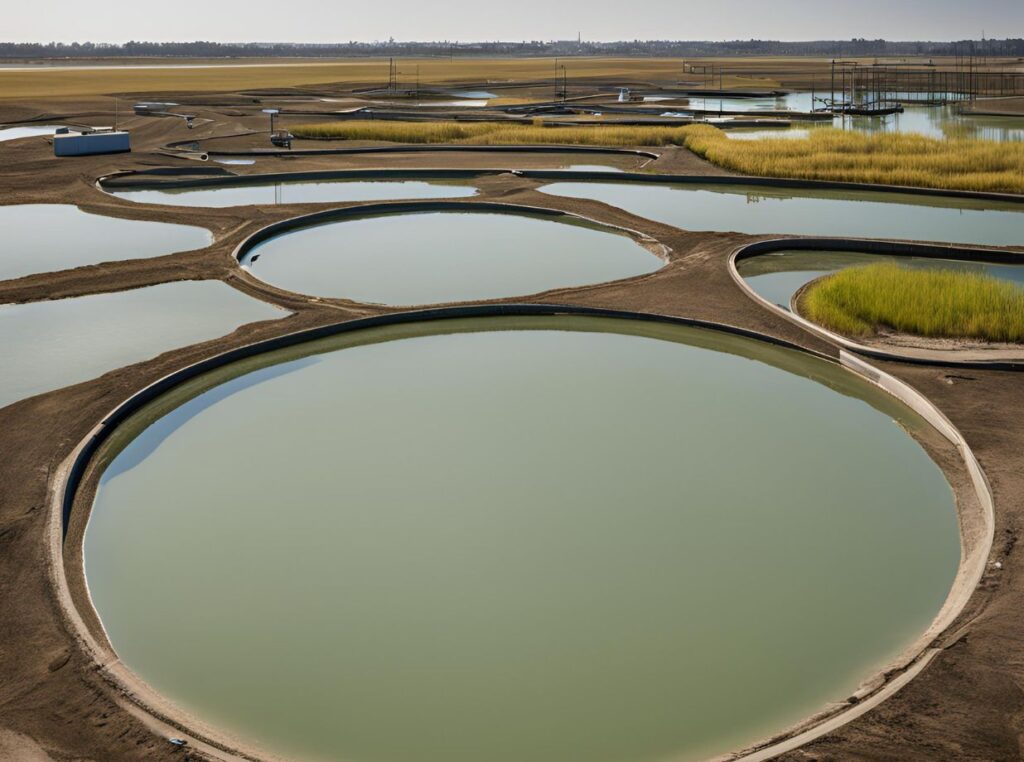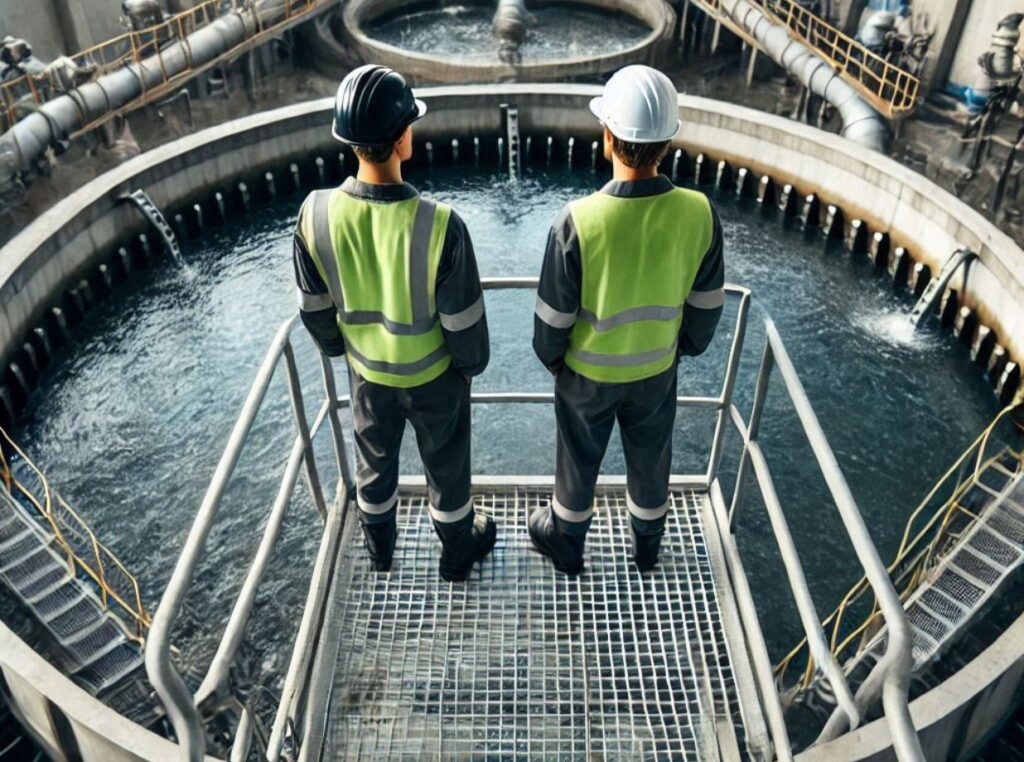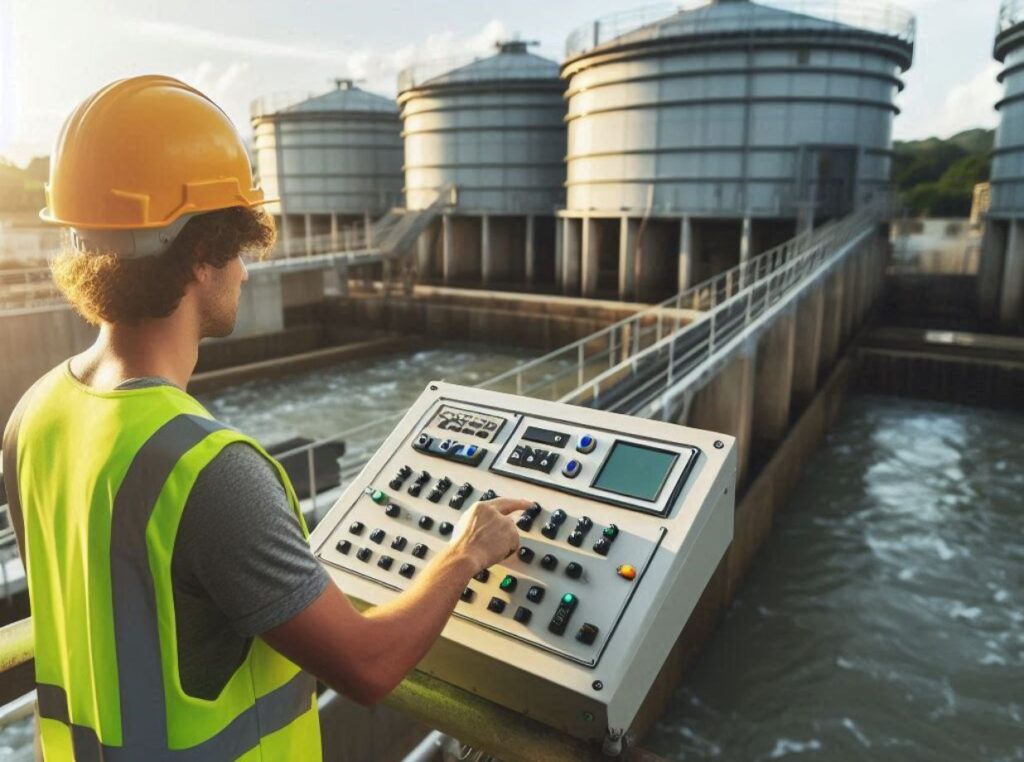Magnificent Rotifers: Masters of the Microscopic World
Welcome to the remarkable world of rotifers, where tiny organisms hold immense wonders. These microscopic creatures have managed to capture the fascination of scientists and nature enthusiasts alike. With over 2,000 species identified so far, rotifers are a diverse group of aquatic animals that inhabit freshwater ecosystems around the globe. These minuscule creatures pack a […]
Magnificent Rotifers: Masters of the Microscopic World Read More »









